
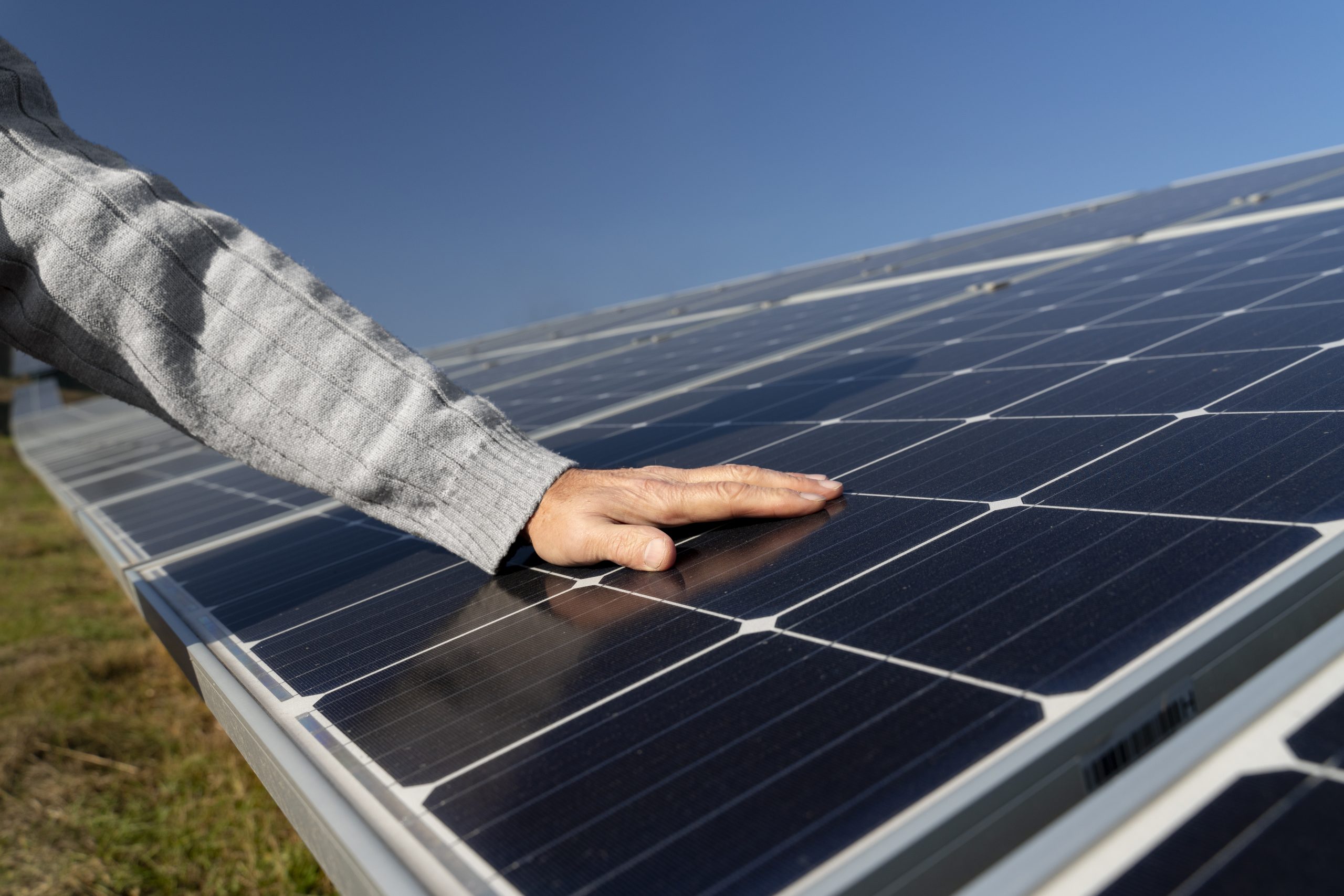


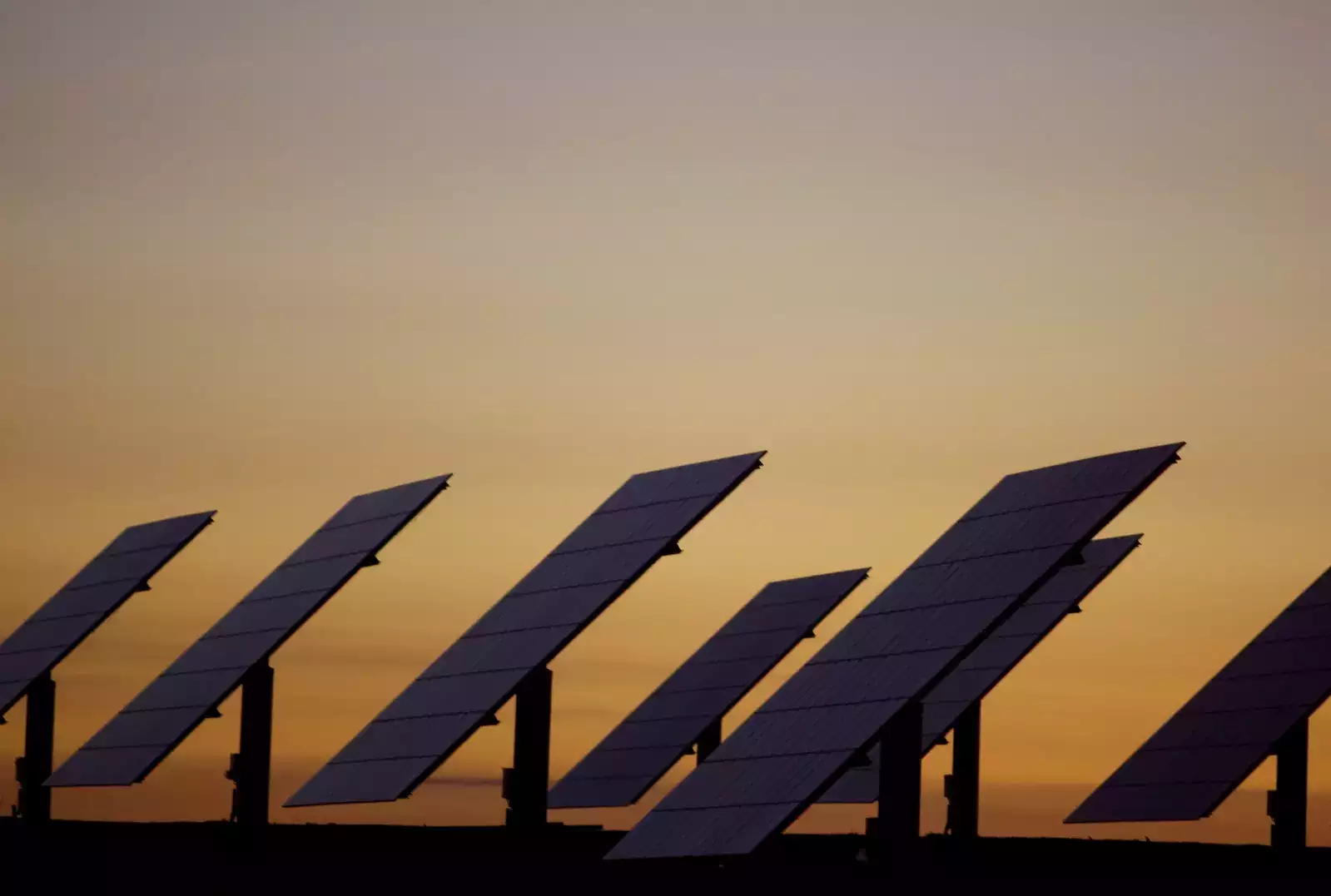
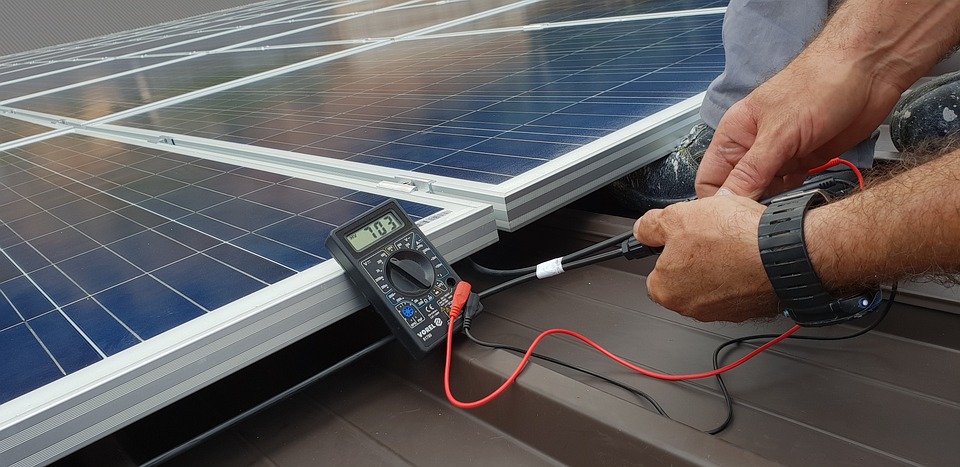
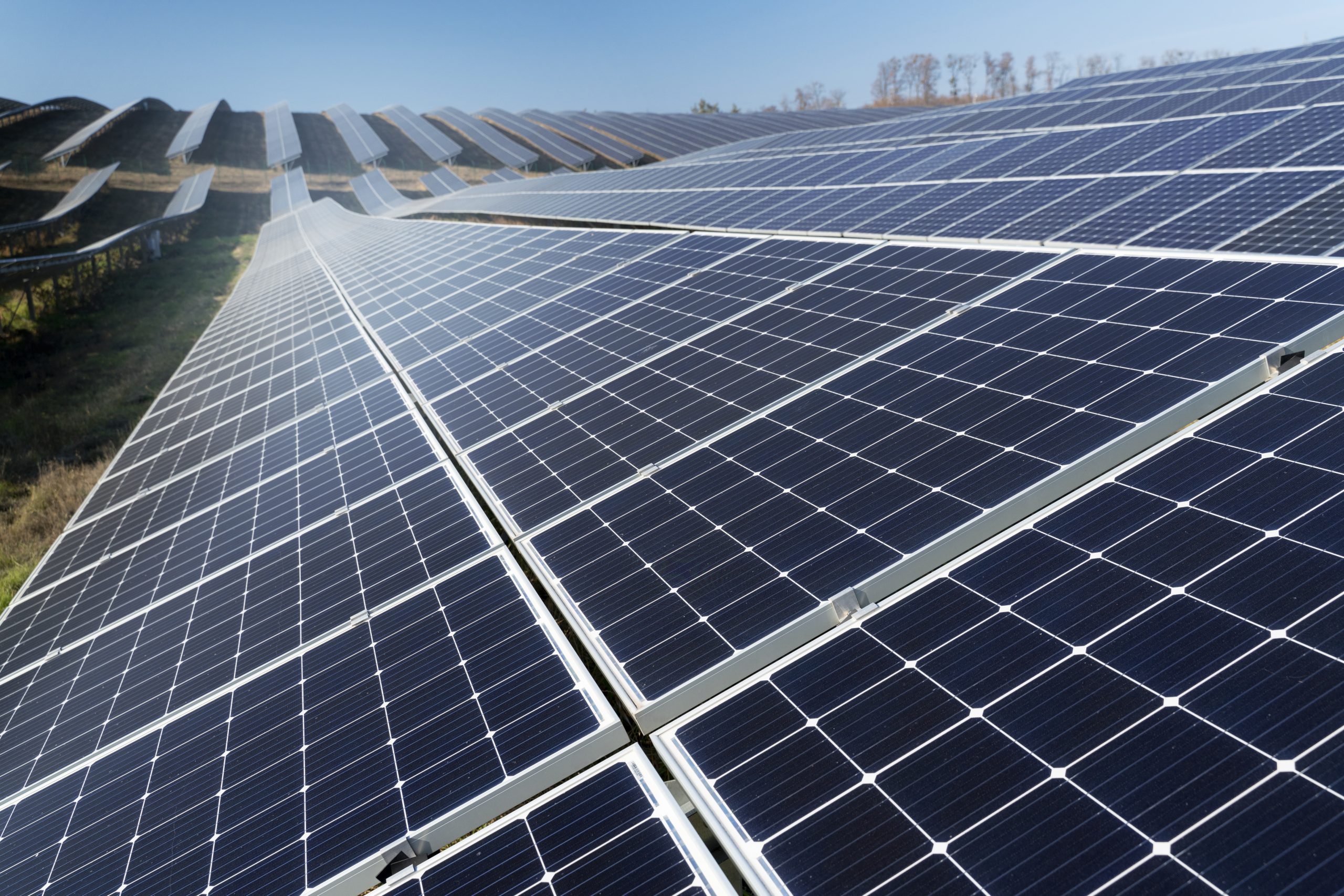
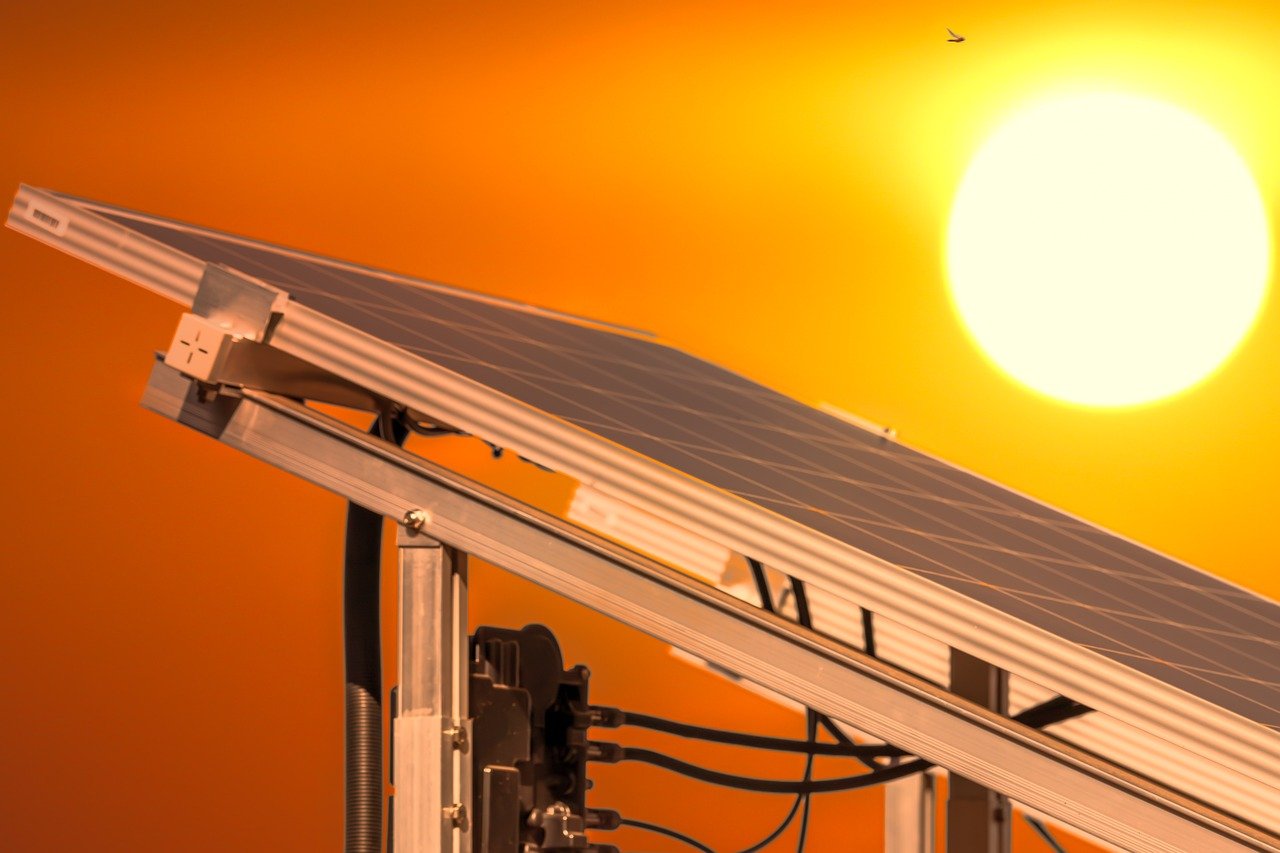
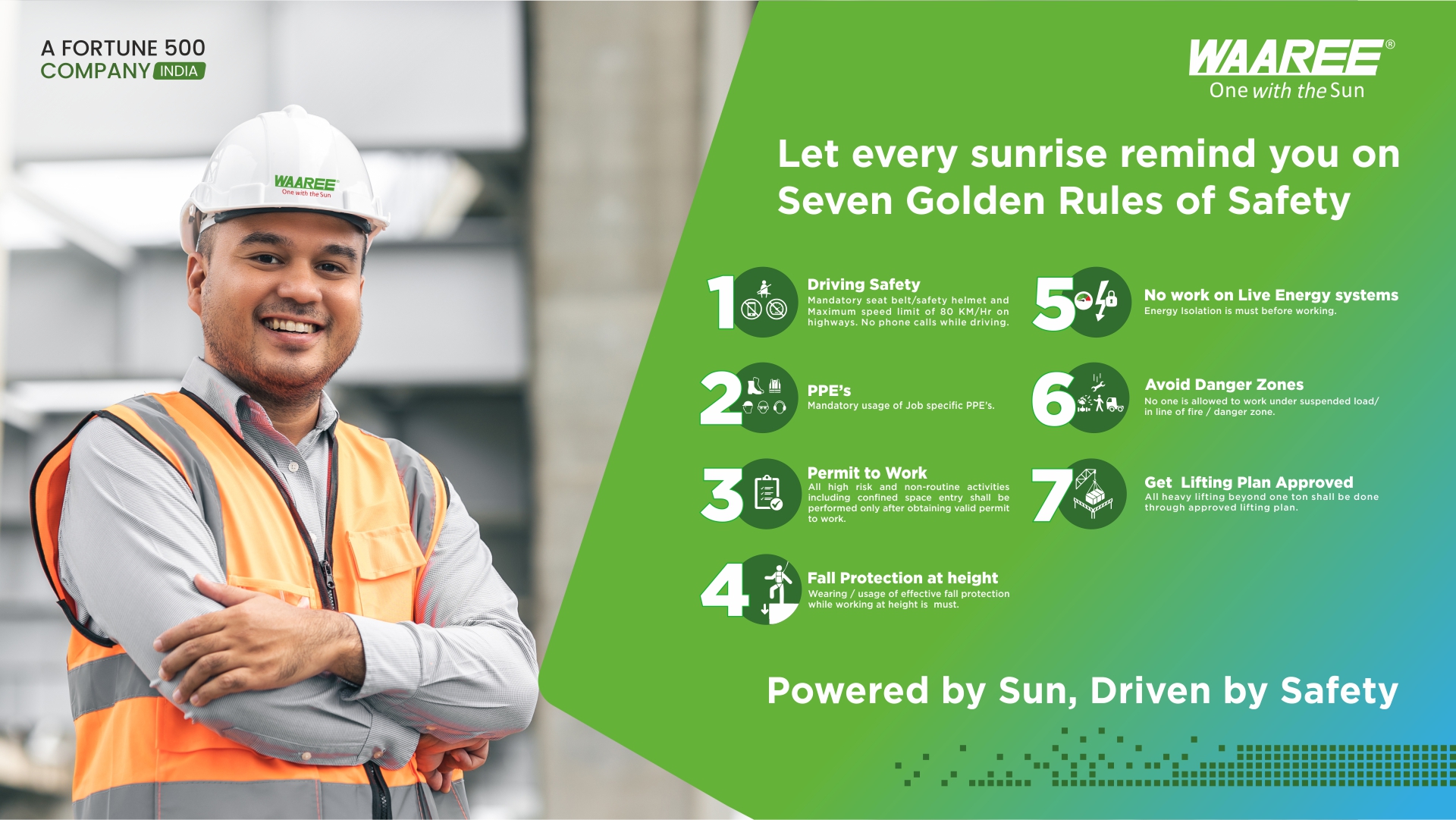
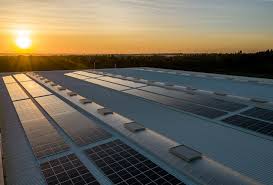
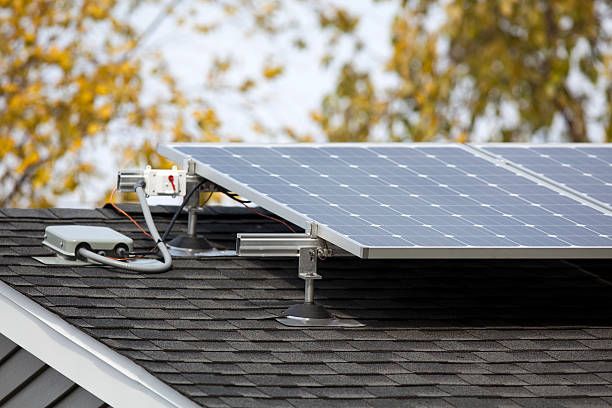
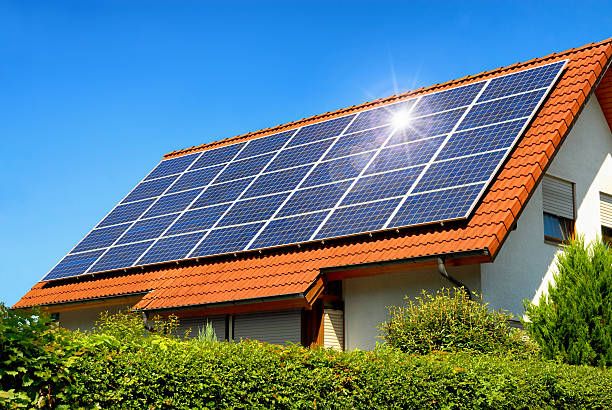
Solar energy can be a significant financial investment for many. System owners can quickly understand running costs and save hundreds or thousands each month, depending on how much power they use.
However, there are some ongoing costs associated with owning a solar power plant that can eat up your anticipated monthly savings. These are overhead costs on top of installation costs that are often buried in the details of many solar deals and understandably overlooked by prospective solar owners.
In this blog, we've uncovered these seemingly hidden costs so you have a complete picture of your ROI before investing in solar power.

A solar power system is an important investment that you want to protect. Depending on the type of equipment installed, the panels can last 20 to 25 years. Manufacturer and installer warranties provide important protection and peace of mind but are not covered in extreme circumstances, emergencies or force majeure.
We recommend that you insure your solar system to protect your investment in the unlikely event that your solar system is damaged or stolen in the event of a fire, extreme wind, or severe weather.
Many rooftop solar systems are permanently attached to the roof of a home or building and are therefore covered by homeowners' property insurance. However, the added value of a solar power system may require increased coverage, which can increase your monthly premium.
However, a ground-mounted or carport system is not physically connected to the building and may require a different policy. In any case, it's a good idea to check with your insurance company on how installing a solar system will affect your premium payments.
In most cases, the extra money you pay for insurance pales in comparison to all the money you can save by switching to solar power. Insurance can be a hidden cost, but it shouldn't stop you from switching to solar power.

Solar panels are a proven technology that has worked for decades. With no moving parts, no regular maintenance is required. However, they may require repairs, and maintenance costs can increase year by year.
Solar systems come with a warranty of 10 to 25 years, depending on the equipment and manufacturer. These guarantees ensure that your solar panels will not degrade quickly or withstand moderate weather. However, even if you receive a defective set of panels and get replacement panels free of charge from the manufacturer, the effort to replace the old unit is not covered by the manufacturer's warranty.
If you live in a dusty area with little rain, or if your solar system is on a farm, you may need to clean your solar panels regularly. We recommend hiring a professional to get this right to calculate the accurate solar panel cleaning cost.
Allowing the panels to self-clean could prove dangerous to both the user and the solar system and void the manufacturer's warranty. But for most system owners, most of the dust and dirt that might protect panels from the sun is washed away by rain.
See Also: The Complete Guide to Solar Panel Maintenance

An additional cost that many may not have anticipated is the cost of landscaping the area around or below the ground-mounted solar system. Be careful not to let the plants grow tall around the panel. This can create shadows and reduce system productivity.
There are several ways to keep the area around your ground mount tidy. Common methods include mowing and herbicides. Some even install weed control fabrics on the ground around the system to keep plants from surfacing.
Some solar owners use grazing animals such as goats and sheep to keep weeds and grasses around their solar panels at bay. However, it's important to remember that an animal that damages a solar panel or chews on an electrical wire can wreak havoc on the solar system.
Standard 60 cm spacing under panels leaves only a small room for livestock and poultry to roam safely between panels. Raise the panel up to 4 feet to accommodate others more securely.
Read more : Ground-Mounted Solar Panels: Facts You Must Know

One of the most compelling benefits of switching to solar power is the elimination of monthly electricity bills. But 100% not. Using solar power won't actually eliminate your electricity bill, but it can potentially cut it down to just a few rupees a month.
Your solar system produces electricity for less than a rupee. You can use this free electricity for your home, business or farm. But your electricity bill is more than just the amount you pay for each kilowatt-hour of electricity you use. Unfortunately, the use of solar power does not make some of these charges go away.
Electricity charges are electricity charges that are not tied to a specific number per kilowatt-hour used, although the names and amounts of these charges may vary by the utility company. For large commercial or industrial facilities, these are often referred to as customer service charges, shipping charges, or collection charges.
All electricity customers are required to pay these small fees regardless of how much electricity they use. However, they make up a small portion of your typical electricity bill and can only cost you a few dollars a month.
Your bill may be slightly higher if you use more electricity than your PV system produces. Depending on the original goals of the project, 100% of the power consumption can be covered, or only a portion of the consumption can be covered.
However, if you are using more power than your grid-connected solar system produces, supplement your power with grid-connected power.
You should check the state of your solar power system at least once a week. You don't have to go up to the roof to inspect the panels, but you should walk around the property and make sure the panels are clean, free of cracks, and completely uncovered by shadow. Damage should be reported to your solar supplier to avoid more serious long-term problems.
Similarly, if you notice animals near your system, ask your solar installer for an additional animal shelter. Otherwise, native wildlife can take up residence under your panels, and repairing chewed wires and panel damage (and pest control) can be costly. Critter Guard also reduces the risk of fire by preventing dirt from accumulating under the panels.
Finally, be sure to monitor the amount of energy your system produces each week. If you notice a big change, you may have a problem with your solar panel, inverter, or solar cell (if you have one). Contact your solar power supplier (Waaree) for troubleshooting and solutions.
Waaree Energies Ltd. is the flagship company of Waaree Group, founded in 1989 with headquarters in Mumbai, India. It has India's largest Solar panel manufacturing capacity of 5GWs at its plants in Surat and Umbergaon in Gujarat. Waaree Energies is amongst the top players in India in Solar Panel Manufacturing, EPC Services, Project Development, Rooftop Solutions, and Solar Water Pumps and is also an Independent Power Producer. Waaree has its presence in over 380 locations nationally and 20 countries internationally. Step on to your cleaner journey by contacting us at 18002121321 or mail us at waaree@waaree.com